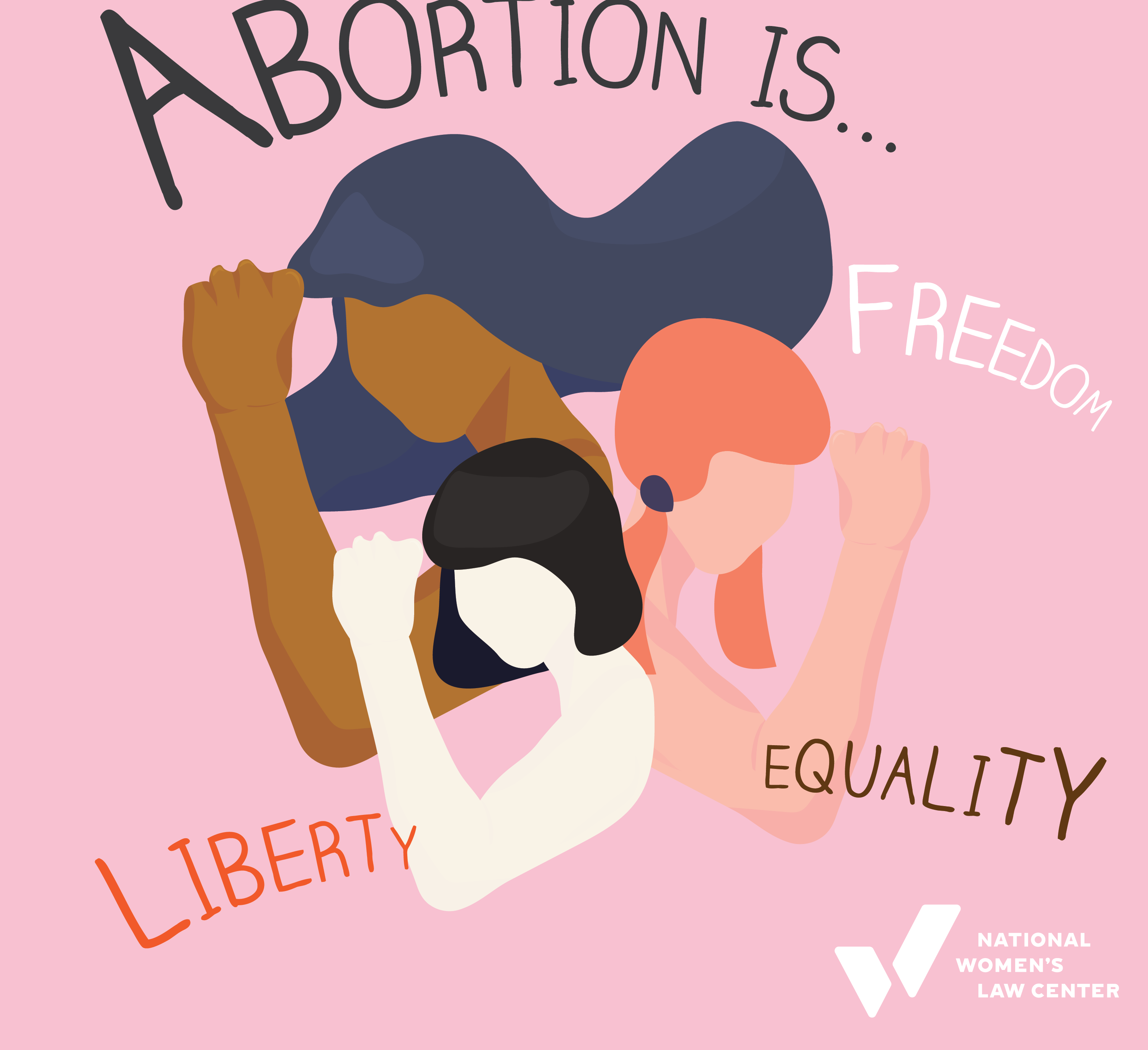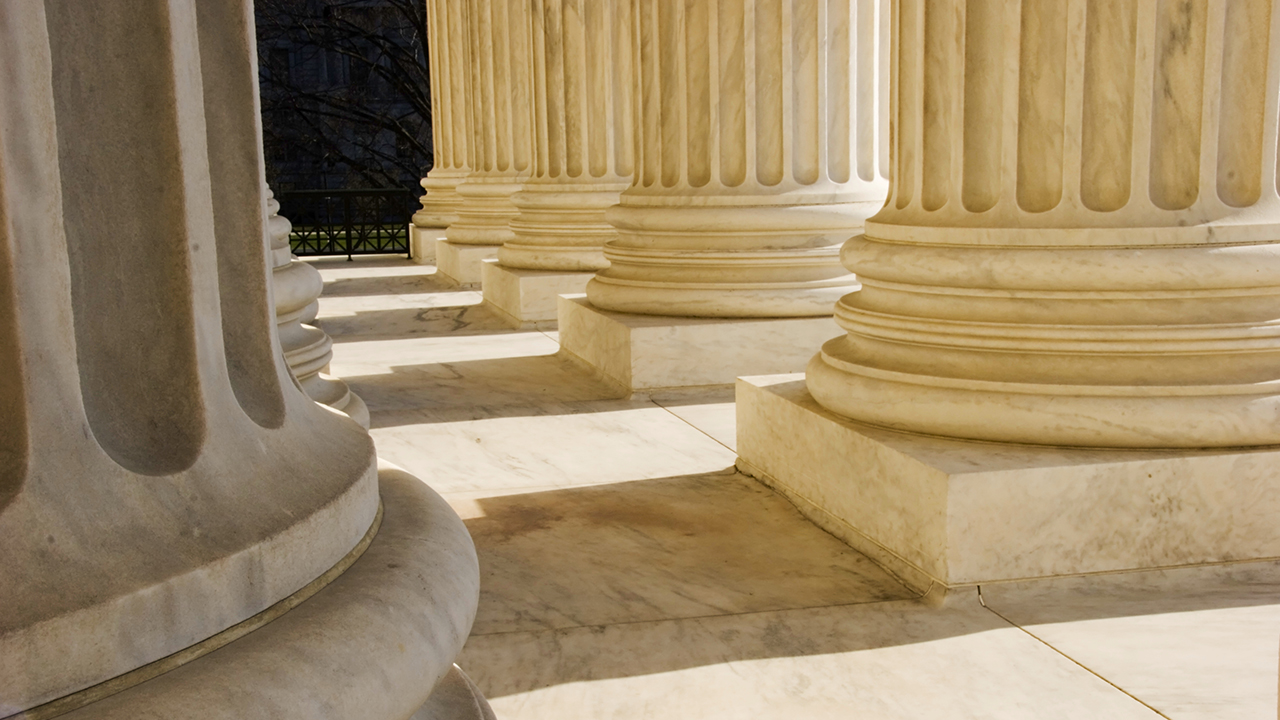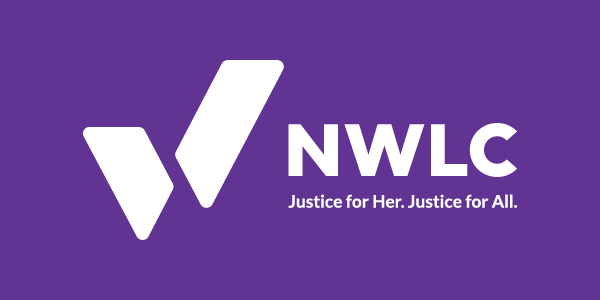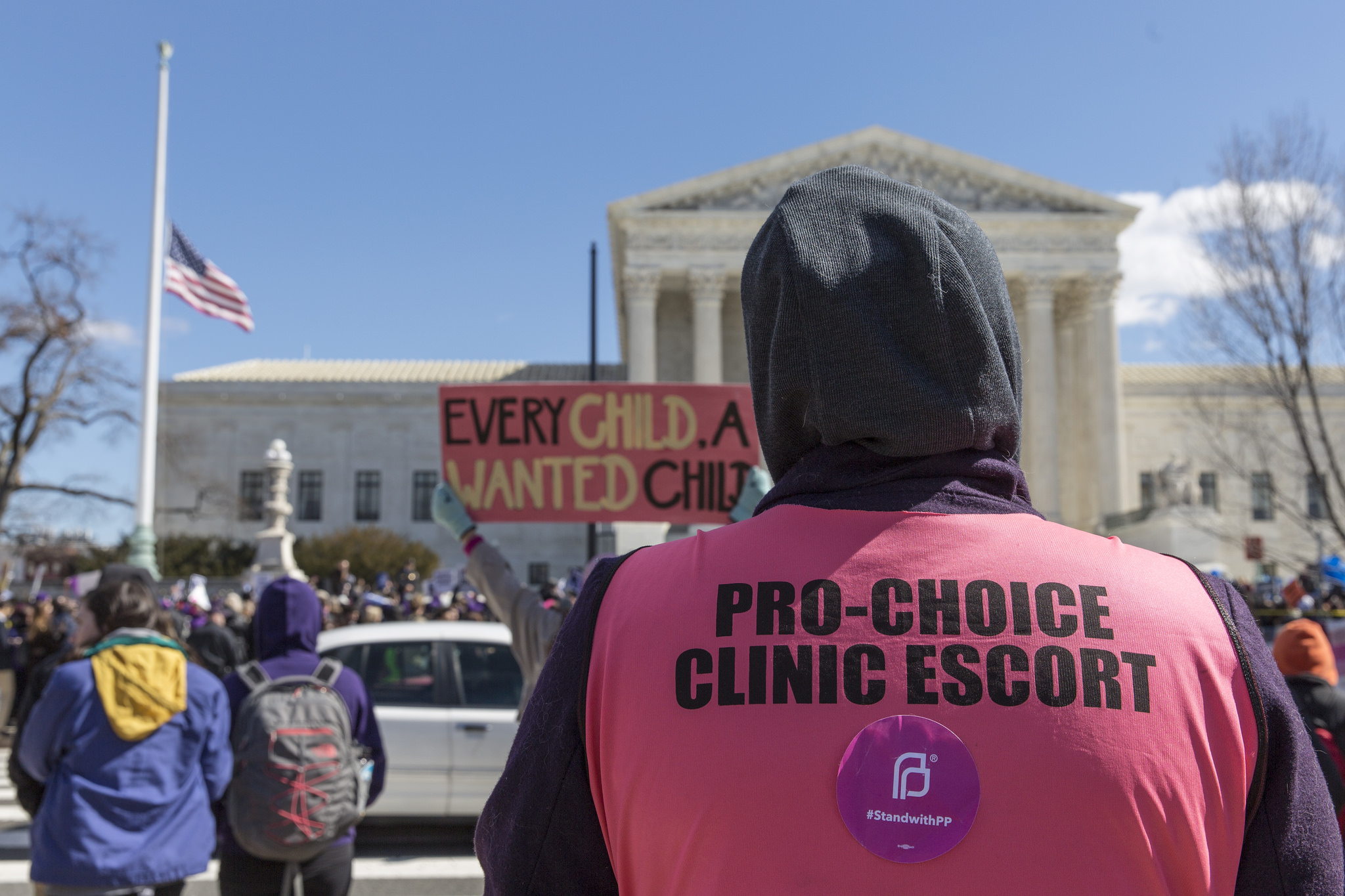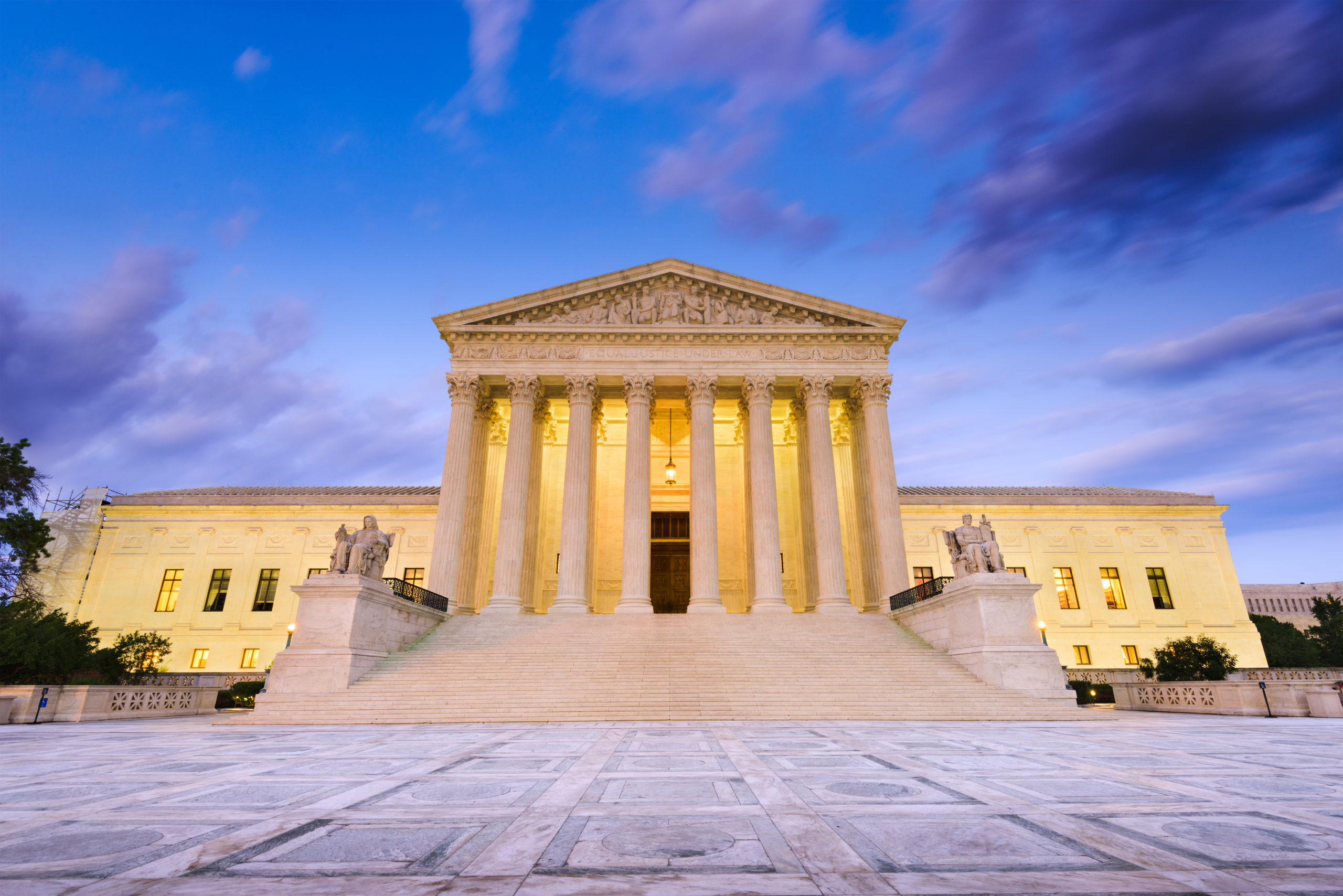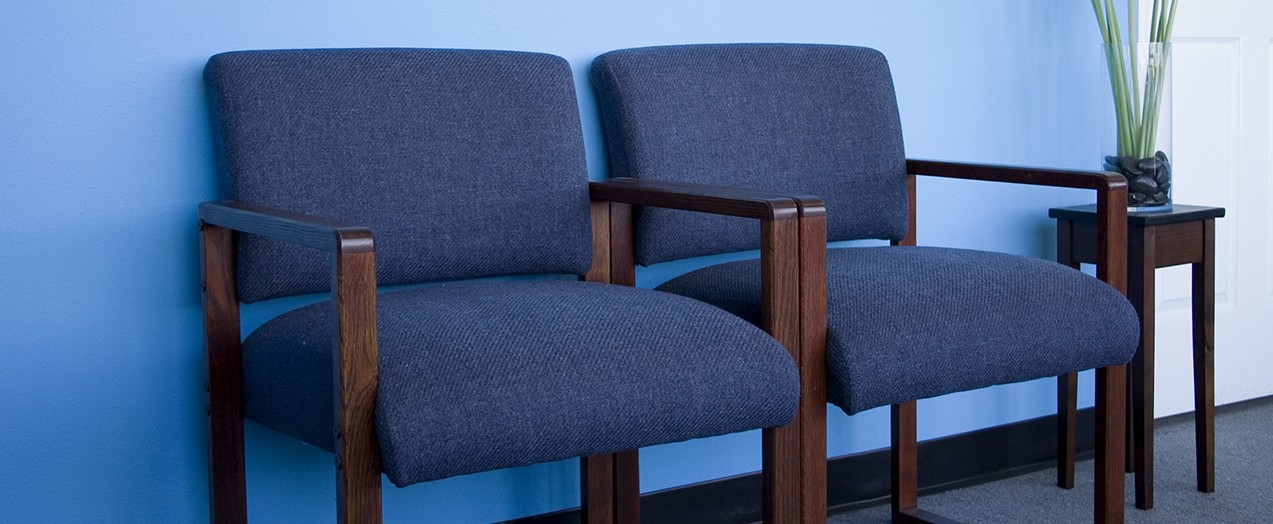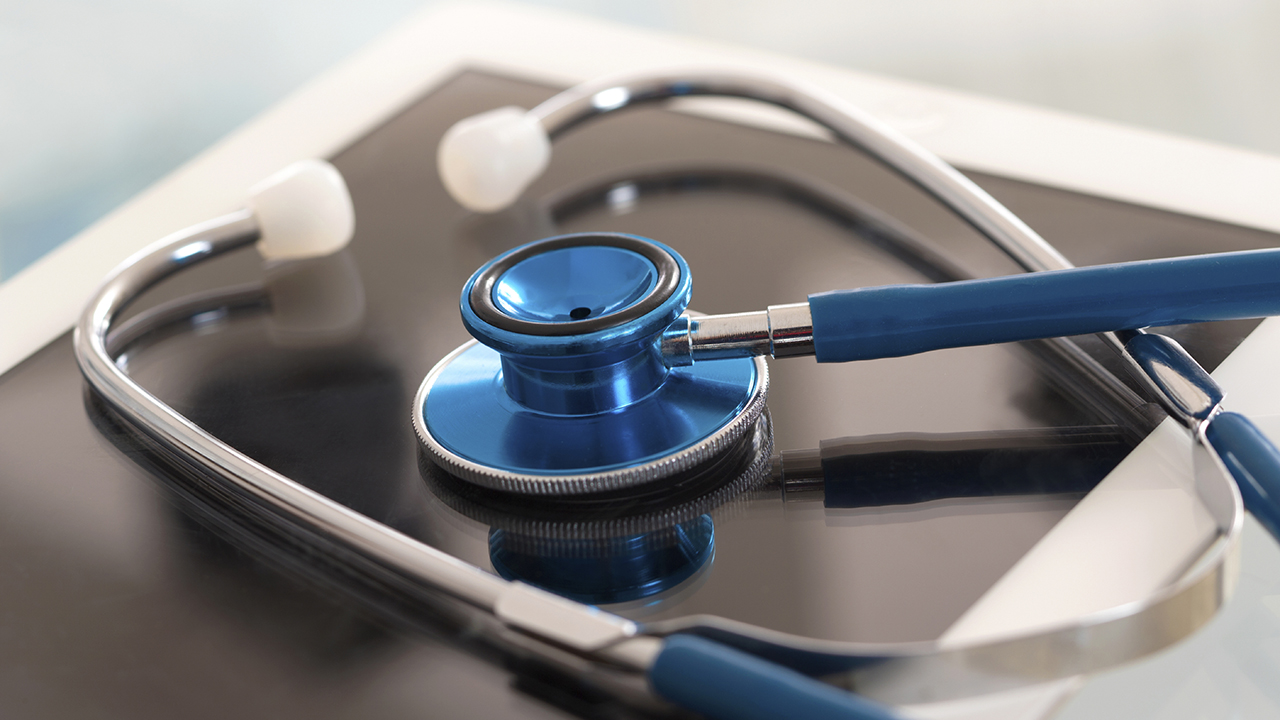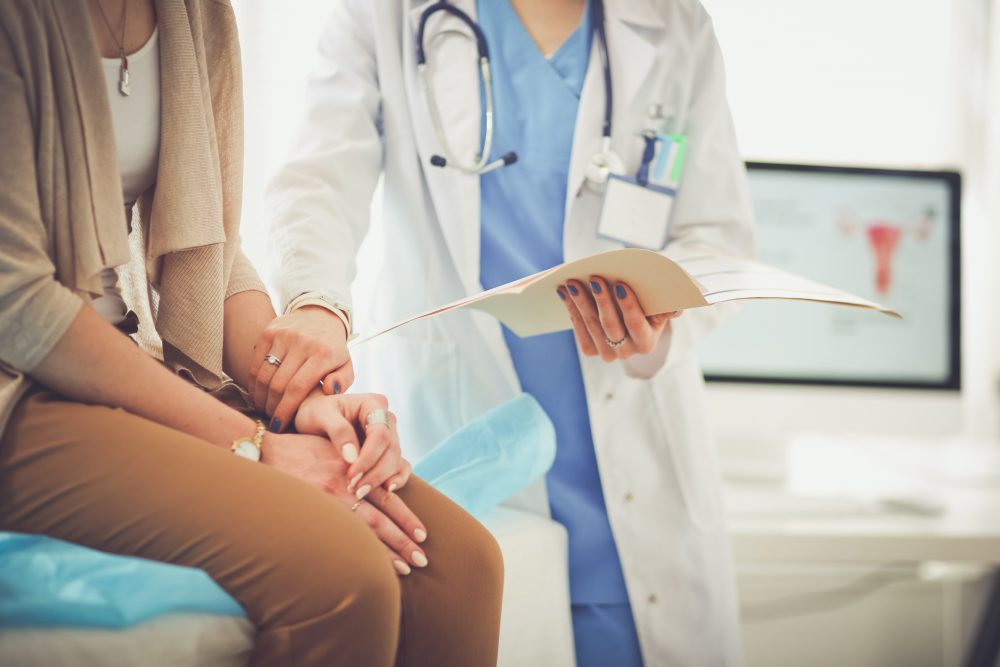Abortion rights, women of color, and LGBTQI+ people are under attack. Pledge to join us in fighting for gender justice.
What Roe v. Wade Means to Us
The 49th anniversary of Roe could very well be its last. Here’s why we’re still hopeful for the future.
Content warning: Pregnancy loss.
Roe v. Wade is the landmark Supreme Court decision that established the constitutional right to abortion. But we know despite this right, access to abortion has never been a reality for many people. For Black, Indigenous, and people of color, and those working hard to make ends meet, abortion has never been accessible.
No matter what happens in the courts, we know that people will continue to need abortion care. Abortion funds will always continue to exist to support people facing barriers to accessing abortion.
On this anniversary, what could be the last, we asked our colleagues to provide their own personal and professional Roe Day reflections.
We will always continue to fight for everyone to have access to abortion care when and where they need it.
To answer the question, “what does Roe v. Wade mean to me,” personal context is important. I’m a first-generation immigrant, a non-binary Desi, an advocate for justice, and a person who needs access to abortion to live a free and independent life. Roe v. Wade is complicated. It affirmed the right to abortion within a legal system that has never fully loved or valued people like me; but with that decision, good people have built upon and expanded it in some states for the communities the law left behind. Bad people have chipped away at it in other states so that it’s almost nothing for the folks that society pushes to the margins. Roe may disappear this year, which would be disastrous for abortion access in states that want to take away the right to abortion. But that will never stop the people of this country from fighting to solidify what has always been true: every human being has the right to health, to equality, to privacy and to live free from violence and discrimination. We have a human right to abortion, and that is what Roe means to me.
Priya Walia (she/her/hers and they/them/theirs)
Counsel
Roe v. Wade was decided when I was 5 years old, so I’m in the first generation who grew up expecting that the law would protect my access to abortion. This meant that I could dream more expansively about my future than previous generations of women in my family. As a teenager I learned that my maternal grandmother and an aunt had each suffered lifelong consequences because neither had access to abortion. When my grandmother was in her last year of nursing school she became pregnant; while she was able to hide it long enough to finish her coursework she was banned from taking her licensing exams during her final trimester. She was not able to retake them later, so instead became a Licensed Practical Nurse (LNP), which meant decades of lower pay along with the forever sting to her dignity of being denied the career she had wanted. My aunt became pregnant by accident as a teenager. Shamed by her parents they forced to carry her unwanted pregnancy in secrecy, hiding in my parents’ tiny apartment, and to put her daughter up for adoption. A few years later she had another baby girl who died at birth; she felt this was God punishing her for giving up her firstborn, leading to depression and substance abuse from which she never recovered. These stories were passed down to me as cautionary tales about sex and the limitations of birth control, but thanks to Roe v. Wade, I received them as relics of a bygone time when the law enabled this manifestation of misogyny and entered my reproductive years clear that I would have options. When I had my own experience with failed birth control, I confidently weighed those options, including abortion, with the compassionate and respectful support of my family, friends, pastor, and midwives. I chose to continue the pregnancy but the fact that this was an independent choice protected by law meant that I experienced freedom in ways my Nana and Aunt Judy didn’t. I will never stop fighting for my children and grandchildren’s access to this freedom, and for all mothers’ children and grandchildren.
Nancy Withbroe (she/her/hers)
COO and Chief of Staff
I’ve been an abortion doula since about 2013. An abortion doula is someone who sits with patients as they get abortion care to provide emotional support. I view it as my role to provide a loving, non-judgmental space so that people feel affirmed and safe in their decisions. So, what Roe has meant for me personally is that I can play a tiny role in supporting people to go on and live their lives how they see fit – whether that’s caring for their children, going to school, or simply continuing their life paths without an unwanted pregnancy. Abortion is normal. Abortion is a social good. Abortion is an act of love – and it really is one of my life’s biggest honors to be a part of that process.
Kelsey (she/her)
When I think of Roe v. Wade, I appreciate the people on the frontlines of this fight – abortion funds, clinic workers, and reproductive justice and rights advocates – who have been working for decades to make its promised right a reality for everyone. After the Roe v. Wade decision, states were no longer permitted to fully ban abortion. It created a “floor” for abortion access. But, especially in the last decade, anti-abortion state lawmakers – not content to allow people to have control over their reproductive lives and future – have chipped away at the right and have been incredibly successful in creating roadblocks to abortion. The result is a patchwork of abortion access across the country – leaving it to pregnant people to navigate those hurdles and to those on the frontlines to combat the restrictions that stand in the way of their health care. Roe has never been enough to ensure that everyone has access to the care they need. But with Roe at risk, I imagine our country without it – where even more people’s access to abortion depends on their zip code and their financial means. We need Roe – and more. I will keep fighting because abortion access is critical to our equality. I want my daughters and their generation to have the right to abortion, to have access to abortion, and above all, true reproductive justice.
Heather Shumaker, she/her
Director of State Abortion Access
Roe is freedom–freedom to decide when, how, and if you want to be a parent and the freedom to access essential health care without shame or judgment. I’m proud to be working for economic, racial, gender, and reproductive justice and a world without barriers to reproductive health care.
Andrea Sumner (she/her)
Senior Manager, Multimedia Design
As a practicing physician, Roe v. Wade means dignity for my patients and respect for their autonomy. It means ensuring they can decide if and when they want to bear children. This Roe Day is different for me because I am pregnant. Thinking about abortion through this lens has reframed the importance of access to this basic and essential health care. No person should be forced to bear the physical, mental, or emotional toll of pregnancy if that is not what they choose. The ability of people to control their reproductive choices is essential to the health and well-being of them and their families, and this Roe Day I am reminded of the need to keep fighting for this right on behalf of my patients and community.
Kimi Chernoby, she/hers
Counsel, Reproductive Rights and Health
To me, Roe v. Wade has always been about a broader conversation about gender justice and equality. I don’t think I can be a full participant in our country if I am not allowed to make a decision so central to my life and future — whether to carry a pregnancy. Access to abortion is not a sufficient condition of my equality, but it is a necessary component. How a country thinks of that question — who has the control over that central decision — will tell you a lot about how the country fares in many other issues we face in our daily lives. Roe v. Wade was a beginning conversation, not the end. So as I sit here wondering if it will be the last Roe anniversary during the same week that our democracy faces one of its darker moments, I imagine a new world that clearly protects and supports these connecting threads in our lives. That maybe in the path of destruction, we can build anew and better than before.
Leila Abolfazli (she/her)
Director of Federal Reproductive Rights
To me, Roe v. Wade means that our institutions protect us only when it is convenient for them. This year in particular – one year away from Roe’s 50th anniversary – our institutions feel as though they are crumbling before our eyes. And almost half a century after Roe, our institutions are still actively subverting justice for Black people, for people of color, for people who are non-binary or transgender. What Roe means to me is a stamp in time. No one on the Supreme Court has looked like me and for the rest of my life, this probably won’t change. I don’t want what Roe “gave” us. I want more. I don’t want to idolize RBG and wear her face on a t-shirt. I want justice, abortion justice, racial justice, spoken from the body of someone who looks like me, who has lived like me. I want a life that my mother has always wanted for me, because of what she’s never had, a life where my destiny is mine.
Jackii Wang / she, hers
Senior Legislative Analyst
As reproductive justice activists have been saying for decades, Roe is and never was enough. With so many structural barriers to health care and economic security in the United States, the right to abortion alone does not facilitate access for the most underserved communities. Roe has never been enough to ensure abortion access for Black women, women of color, individuals struggling to make ends meet, rural populations, immigrants, people living with disabilities, LGBTQ+ individuals, parents who already have children, and young people. Discriminatory barriers to abortion access, like the Hyde Amendment, have and will continue to block access to abortion care, compounding racial and social inequities for these communities. Losing Roe would only exacerbate these dangerous inequities. On this 49th anniversary of Roe v. Wade, I am grateful the constitutionally protected right to abortion exists, and hope it continues to exist. I also hope for a world beyond merely just the right to abortion, where abortion access is liberated everywhere for everyone. Donate to your local abortion fund to support individuals seeking access.
Bridget Winkler (she/her)
Reproductive Rights & Health Fellow


